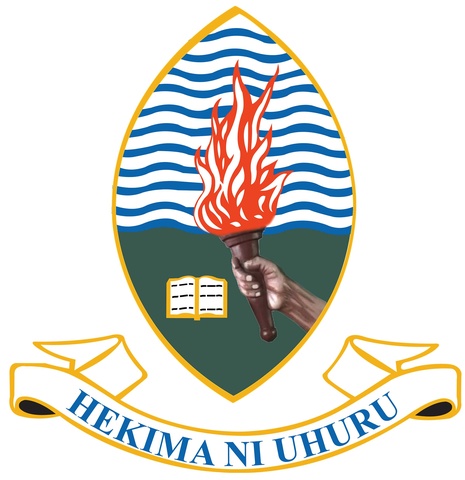
The University of Iowa (UI) and the University of Dar es Salaam will host a webinar on language justice on Tuesday, January 30, from 9:30 – 11:00 a.m. (CST) via Zoom. Language justice is a concept that encompasses the fair and equitable treatment of all languages and linguistic communities, ensuring that individuals and groups have equal opportunities to communicate, participate, and access services in their preferred language(s). It is rooted in the principles of linguistic diversity, inclusion, and the recognition of the importance of language in shaping individual and collective identity.
Speakers from the University of Dar es Salaam and the University of Iowa will address key aspects of language justice, such as language equality, access to services, cultural preservation, inclusivity, eliminating language barriers, and promoting multilingualism.
This event follows the signing of a memorandum of understanding between the two universities.
“This webinar allows us to showcase the dramatic growth of the Swahili program at the University of Iowa while highlighting the excellent work of one of our alumni, Salvatory Nyanto, who now teaches at the University of Dar es Salaam,” said Russ Ganim, associate provost and dean of UI International Programs (IP). “The MOU between our institutions as well as this particular research collaboration allow us to create more partnership opportunities for our students and faculty in Sub Saharan Africa, a region that factors prominently in IP’s strategic vision.”
Salvatory Nyanto, senior lecturer and director of the Office of the Vice Chancellor at the University of Dar es Salaam, graduated with a PhD in history from Iowa. He is co-organizing this event and echoed the significance of this collaboration.
“This webinar is extremely important for both the University of Iowa and the University of Dar es Salaam,” said Nyanto. “We are honored to have this intellectually engaging partnership. We look forward to a productive discussion.”
Guest speakers include:
- William A. L. Anangisye, professor of education and vice chancellor, University of Dar es Salaam
- Russ Ganim, associate provost and dean of International Programs, University of Iowa
- Ramona Koob, graduate student enrolled in the Humanities Lab on Language Justice, University of Iowa
- Beatrice Mkenda, associate professor, Department of French and Italian, University of Iowa
- Salvatory S. Nyanto, senior lecturer, director of the Office of the Vice Chancellor, University of Dar es Salaam
- Hadija K. Mwendah, lecturer, University of Dar es Salaam
Event co-sponsors include the UI International Studies Program, the UI Division of World Languages and Cultures, UI International Programs, University of Dar es Salaam Office of Vice Chancellor, and the Directorate of Internationalization Convocation and Advancement at the University of Dar es Salaam.
Individuals with disabilities are encouraged to attend all University of Iowa–sponsored events. If you are a person with a disability who requires a reasonable accommodation in order to participate in this program, please contact Amy Green in advance at 319-335-1433 or amy-green-1@uiowa.edu.
International Programs (IP) at the University of Iowa (UI) is committed to enriching the global experience of UI students, faculty, staff, and the general public by leading efforts to promote internationally oriented teaching, research, creative work, and community engagement. IP provides support for international students and scholars, administers scholarships and assistance for students who study, intern, or do research abroad, and provides funding opportunities and grant-writing assistance for faculty engaged in international research. IP shares their stories through various media, and by hosting multiple public engagement activities each year.